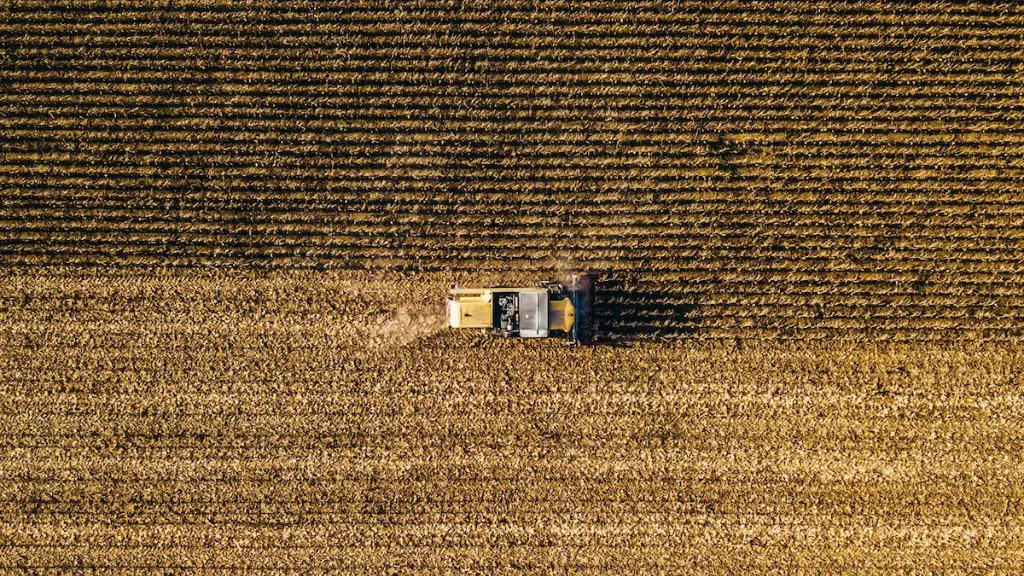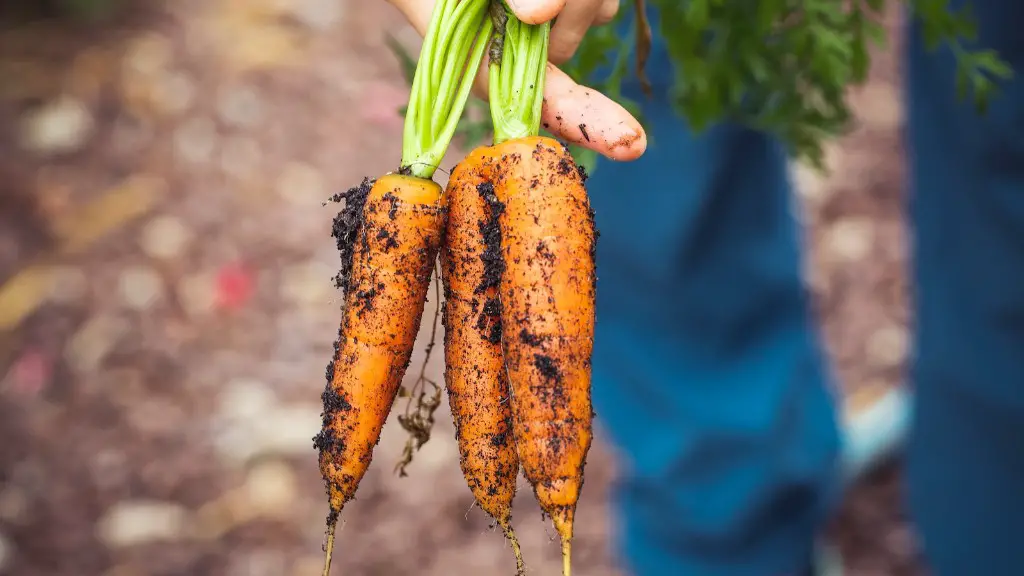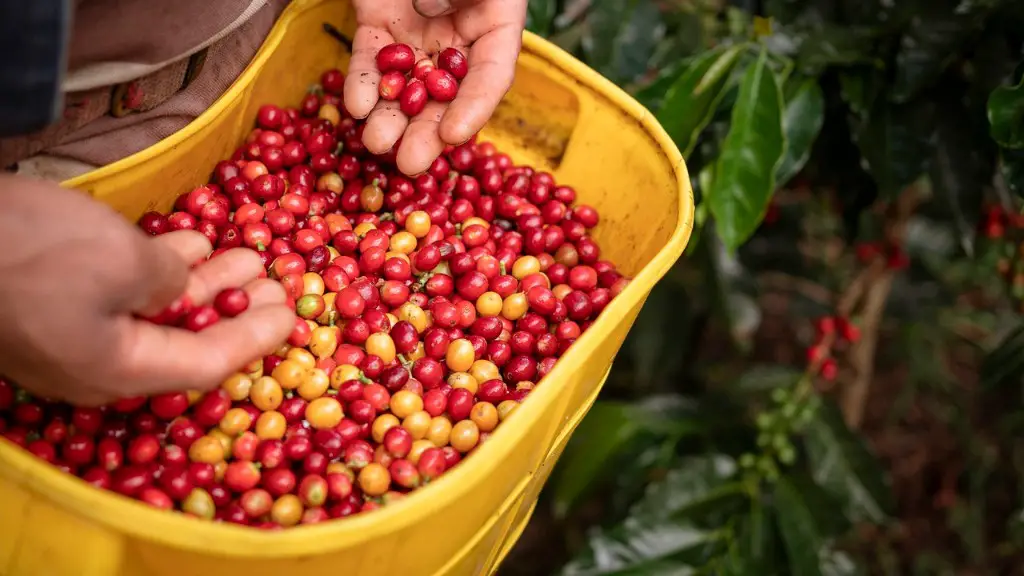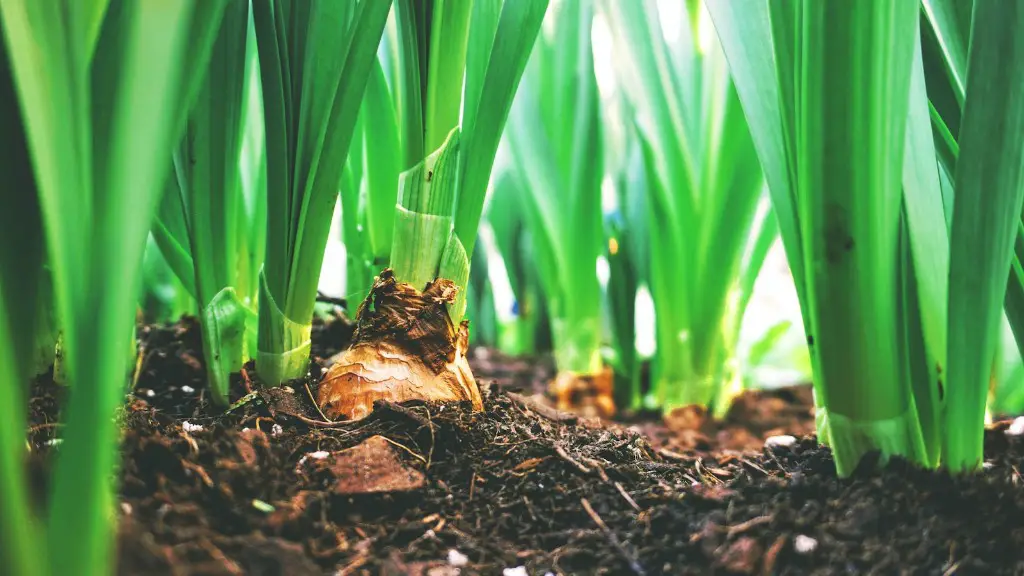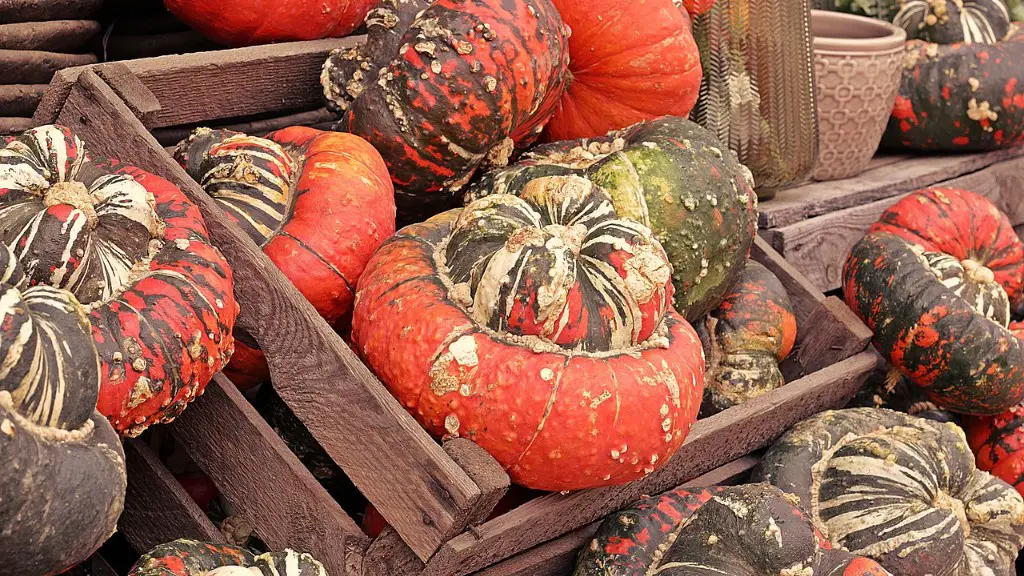Sweden agricultural industry is a major contributor to its economy, as it supports a large number of jobs and provides a substantial portion of the nation’s food. With a high standard of living, other countries are looking to learn from Swedish agricultural models. In this article, we will discuss what makes Swedish agriculture so successful and how it contributes to the country’s economy.
Sweden has an ideal climate for growing a wide variety of foods, such as grains and root crops. This allows the country to produce a variety of goods and to take advantage of multiple markets. In addition, the country has a long agricultural history, which has enabled it to create efficient methods of farming and irrigation.
The Swedish agricultural industry is divided into three distinct sectors: livestock, arable, and horticulture. Livestock includes dairy and meat production, as well as poultry and pigs. The arable sector includes grains, oilseeds, and other crops, such as potatoes, fruits, and vegetables. The horticulture sector includes flower production, ornamental plants, greenhouses, and nurseries.
Sweden also has one of the most advanced farming methods in the world. Its use of precision agriculture technologies, such as GPS and remote sensing, ensures that farmers can monitor their lands in real time. This allows them to take decisive action when they notice a problem, whether it is a pest infestation or a nutrient deficiency.
Government support also plays a vital role in the success of Swedish agriculture. Farmers in the country enjoy a range of tax benefits and subsidies to help them stay competitive. In addition, the country has invested heavily in research and development to ensure that Swedish agriculture remains ahead of the curve.
Overall, Swedish agriculture has been incredibly successful due to its ideal climate, advanced farming practices, and government support. This success has enabled the country to become a major global producer of agricultural goods, with its products finding markets around the world.
Organic Farming in Sweden
Organic farming is an important part of the Swedish agricultural industry. The country has a long tradition of organic farmers, who focus on sustainable methods of production. By avoiding the use of chemical fertilizers and pesticides, organic farmers look to create an environment that is more hospitable to wildlife and beneficial insects.
Organic farmers also have access to a wide range of government programs that help them stay sustainable. These programs include tax incentives, subsidies, and training courses to help equip them with the skills they need. In addition, the government has invested heavily in research and development to ensure that organic farming remains profitable.
Organic farming is becoming increasingly popular in Sweden, due to its environmental benefits and its contribution to the economy. As a result, the number of organic farmers has been steadily increasing, with many new small farms opening up around the country.
Organic farming provides a number of benefits for Sweden. It helps to reduce the country’s carbon footprint, as well as promoting biodiversity and protecting the environment. In addition, it creates jobs and helps to ensure that rural communities remain vibrant and healthy.
The Future of Swedish Agriculture
Sweden is looking to the future to ensure that its agriculture remains successful. The country is investing heavily in research and development to create new technologies and methods of production. In addition, the government is creating a range of incentives and programs to help farmers stay competitive.
One of the biggest focuses of Swedish agriculture is on sustainability. The country is looking to promote sustainable farming practices, such as reduced use of pesticides and fertilizers, and more efficient use of land and water. This focus on sustainability should ensure that Swedish agriculture continues to be successful in the future.
In addition, the country is looking to create a secure market for its agricultural products. This will help to ensure that farmers have access to buyers, which will enable them to make a living from their work and remain competitive. The government is also looking to promote the export of Swedish agricultural products, which should help to boost the economy.
Overall, Swedish agriculture has an incredibly bright future. With the help of government support, advanced farming methods, and a focus on sustainability, the country is set to continue to be a major global producer of agricultural goods.
Agricultural Cooperatives In Sweden
Agricultural cooperatives play an important role in Swedish agriculture. These organizations help small farmers to come together and share resources in order to remain competitive. By pooling resources, cooperative members are able to benefit from reduced production costs and access to a wider range of markets.
The Swedish government has set up a range of programs to help promote and fund agricultural cooperatives. These programs include funding for research and development, which can be used to create new products and explore new markets. In addition, the government provides training to farmers in how to form and operate cooperatives, as well as tax breaks for members.
Cooperatives have been incredibly successful in Sweden. They have helped to keep small farms viable, while also providing them access to larger markets. This has enabled them to remain competitive and profitable, while also ensuring that rural communities remain vibrant and healthy.
Overall, agricultural cooperatives are an important part of Swedish agriculture. These organizations provide vital support to small farmers, helping them to stay afloat and remain competitive. As a result, they have enabled the country to remain a major global producer of agricultural goods.
Agritourism in Sweden
Agritourism is becoming increasingly popular in Sweden. This form of tourism involves visitors traveling to rural areas and participating in activities on local farms. By experiencing the rural lifestyle, visitors gain a better understanding of Sweden’s agricultural heritage and culture.
Agritourism also provides important economic benefits for farmers. Visitors are able to purchase goods directly from the farms, which helps to provide an additional source of income. In addition, farms are able to offer educational tours and seminars, which can help to promote the agricultural industry.
The Swedish government has been supportive of agritourism, providing funding and programs to help farmers to take advantage of the opportunity. In addition, it has created a range of incentives that make it easier for farms to open up to tourists. These incentives include tax breaks and subsidies for hosting visitors.
Overall, agritourism has been incredibly successful in Sweden. The industry is helping to promote the country’s agricultural heritage, while also providing an important source of income for farmers. As a result, it is helping to ensure that rural communities remain vibrant and healthy.
